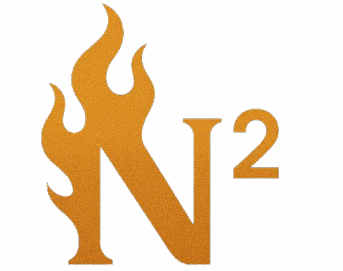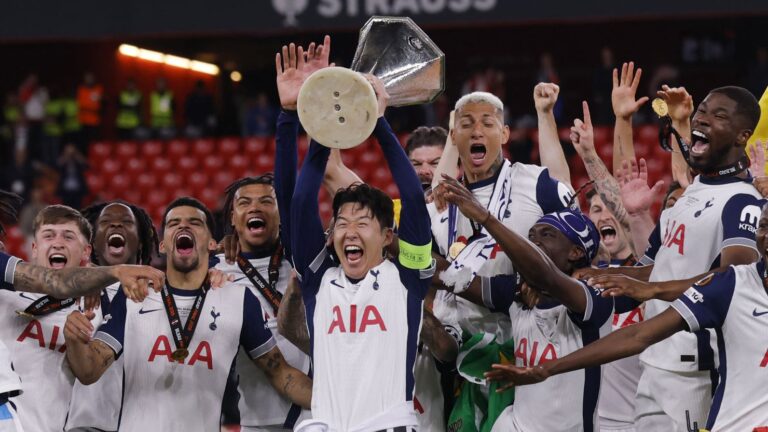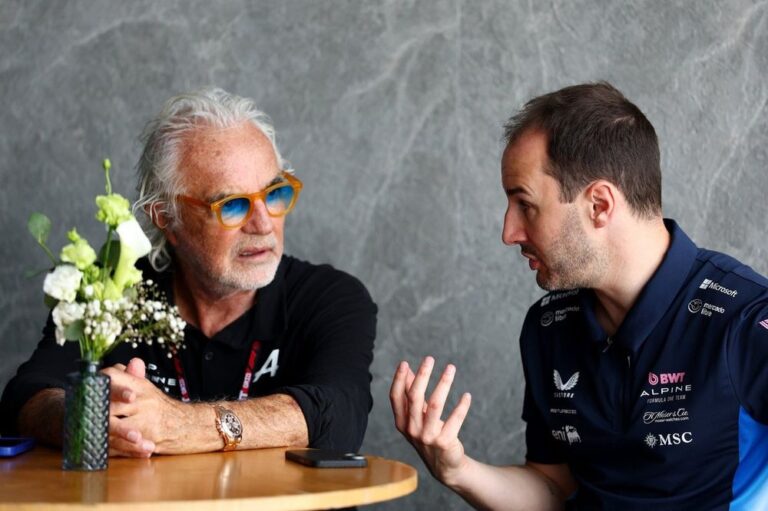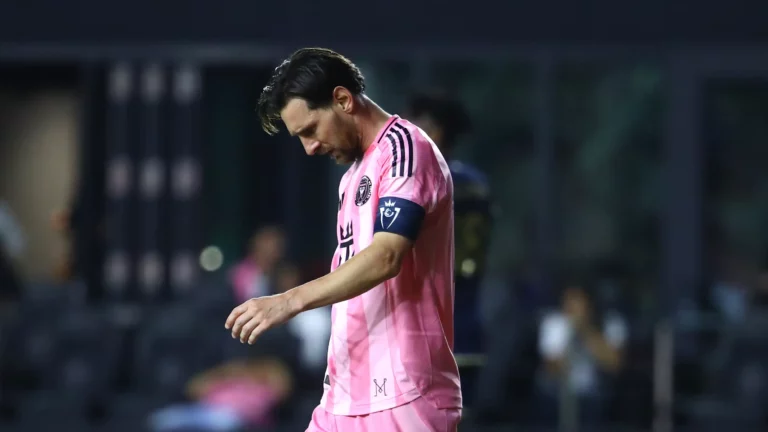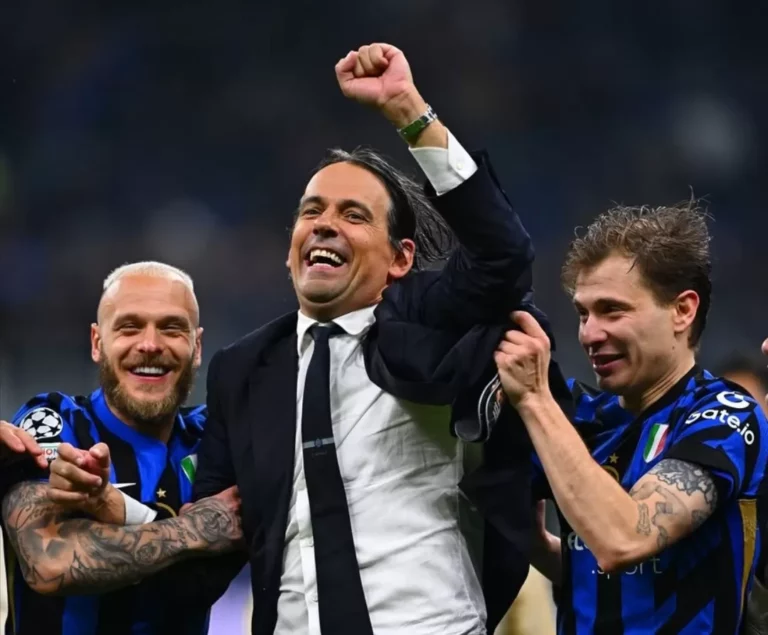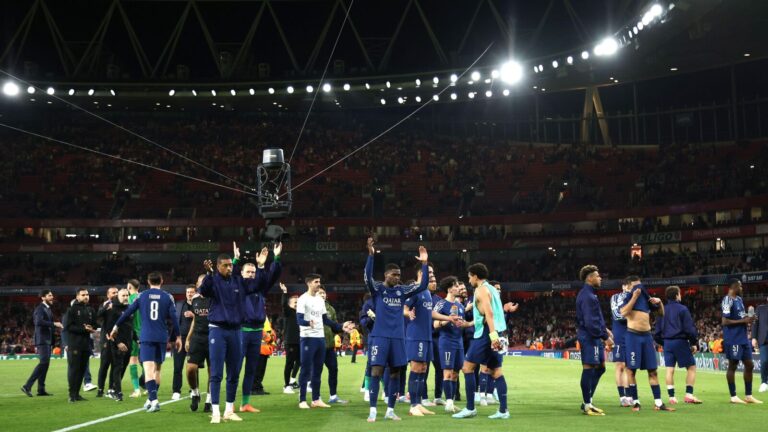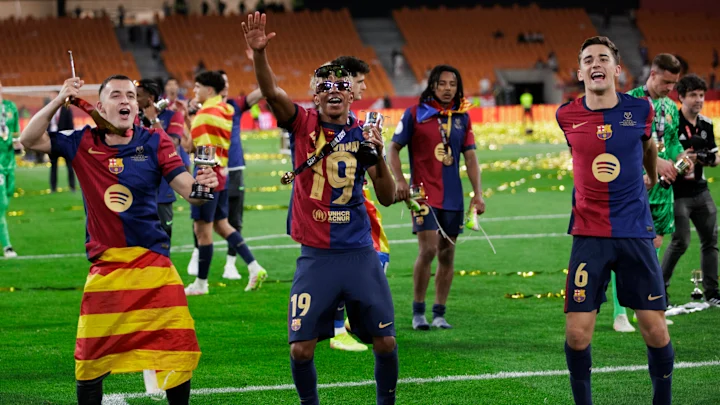Lessons from the PSG Champions League Riot: What Went Wrong?
The PSG Champions League Riot of May 31, 2025, shocked France and the football world. What was otherwise meant to be a historic celebration of Paris Saint-Germain’s victory over Inter Milan in the Champions League final became violence, chaos, and tragedy.
This long-awaited time for French football was turned deadly, with widescale Paris rioting. The riot cost two lives, left hundreds injured, and extensive property damage—making it one of the city’s darkest nights of football.
How the PSG Champions League Riot Escalated
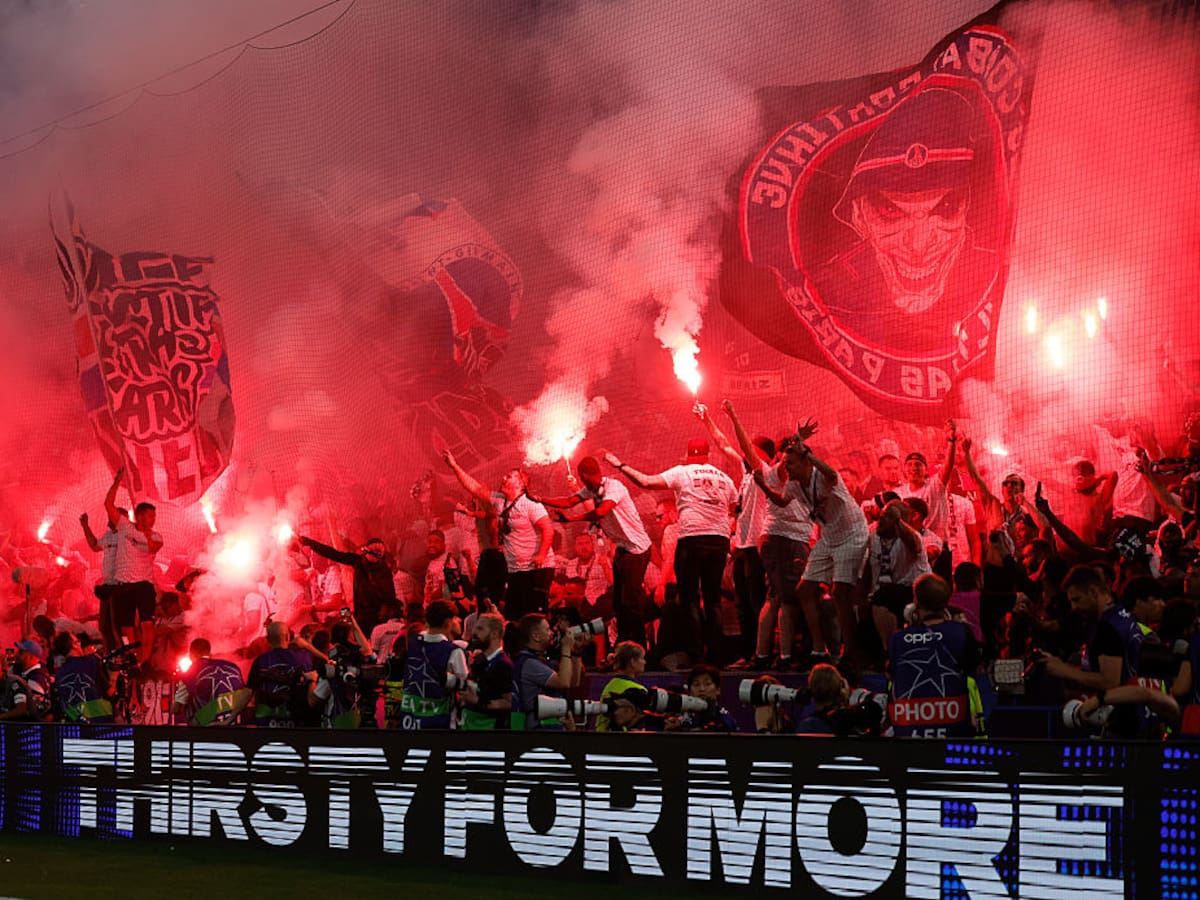
The PSG Champions League Riot took the life of a 17-year-old boy, who was stabbed to death in celebration, and a motorbike rider struck down by a car during the melee. There were 559 people arrested, 182 hurt and over 200 cars burned, said the authorities.
This display of violence says not just about poor crowd control but also about deeper psychological and social fault lines.
Why Did the PSG Celebration Turn Into a Riot?
From a psychological standpoint, when people gather in large, emotionally charged groups, their behavior can change rapidly. The PSG Champions League victory brought immense euphoria, but it also became a flashpoint for deeper societal frustrations.
-
Crowd Psychology: Individuals often lose self-regulation in a euphoric mass, especially after a historic win like this.
-
Socioeconomic Discontent: France’s ongoing political and economic instability likely intensified the public’s emotional volatility.
-
Social Tensions: Divisions between immigrant and native communities have long been a source of friction, often surfacing during public events.
Failure of Law Enforcement and Intelligence
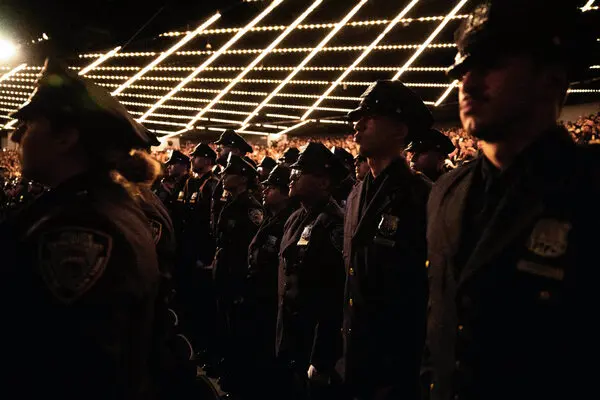
One clear lesson of the PSG Champions League Riot is the lack of preparation. The police and intelligence agencies failed to anticipate the possibility of civil disturbance following such a high-profile game.
Despite past experiences of public gatherings turning violent, the authorities underestimated the degree of emotional intensity and failed to deploy adequate safety measures.
What. What Can We Learn from the PSG Champions League Riot?

The riot teaches us that sporting events sources of joy may also be breeding grounds for turbulence if tensions build up undetected.
Highlights:
Authorities must prepare for emotional eruptions after major sporting victories.
Crowd behavior training and pre-event intelligence must be factored in. into public safety planning.
Social healing extension is required to prevent future violence.
Football should unite us, not divide us. The PSG Champions League Riot is a chilling reminder of how thin the line is between happiness and catastrophe.
